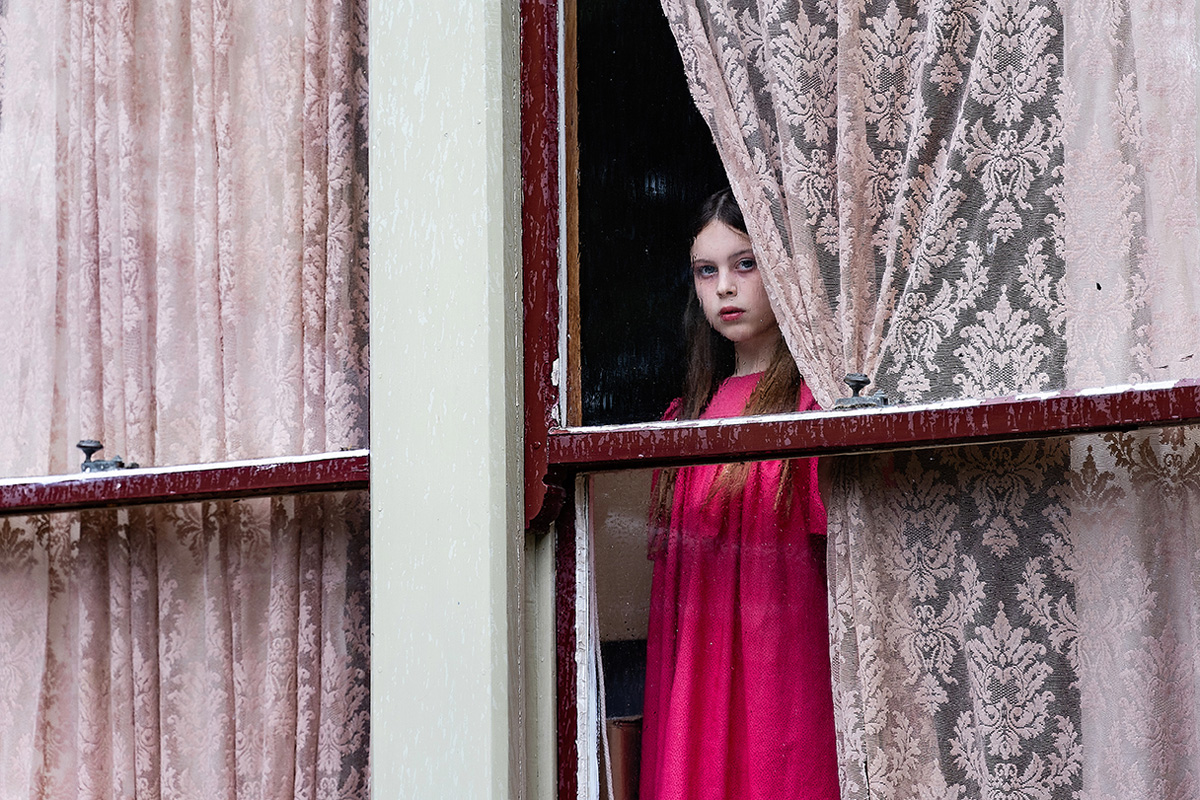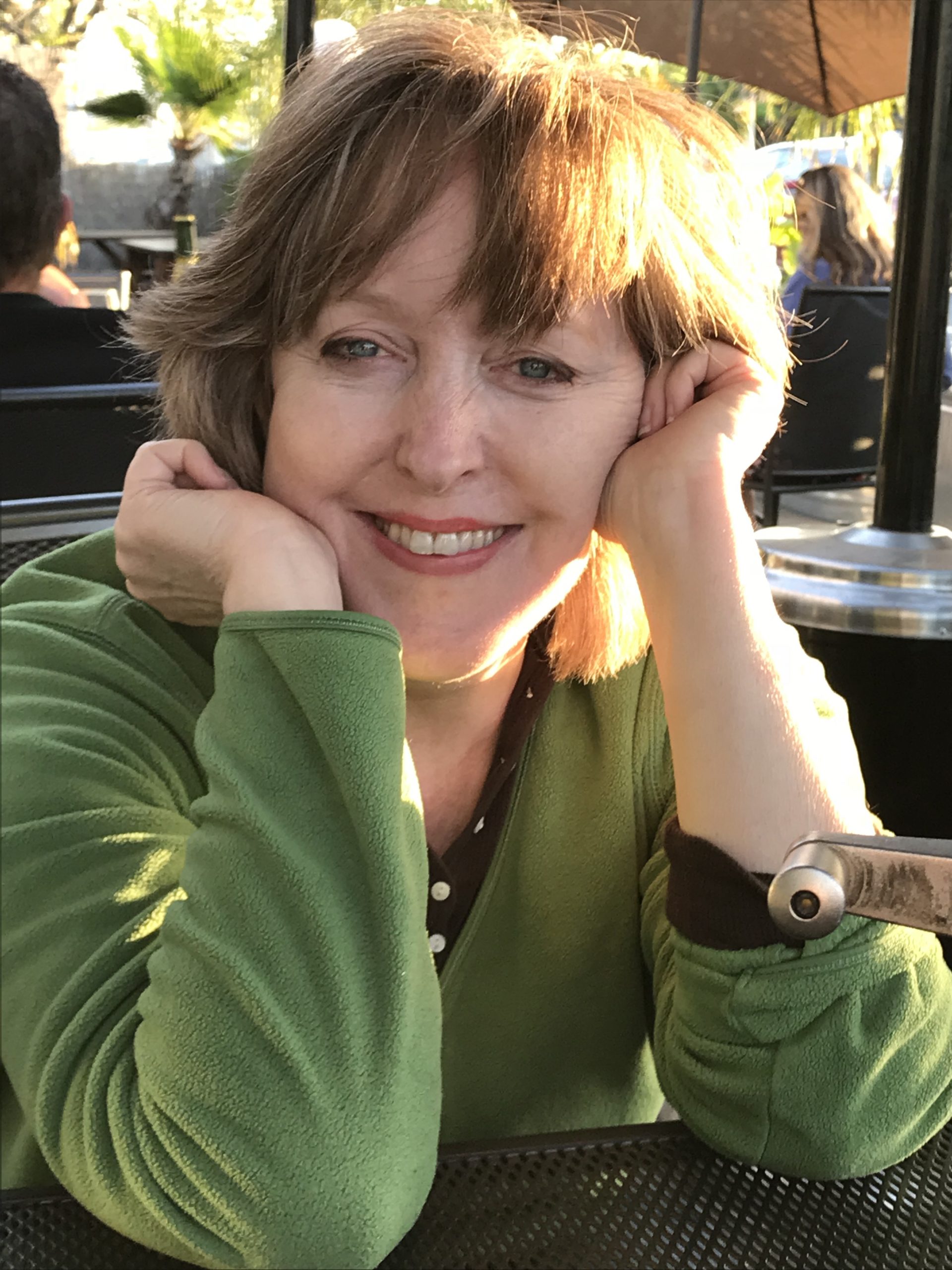Oxford Film Festival’s 2021 outing has a major advantage over 2020’s mostly virtual fest. “This year, we have pre-warning,” OFF Executive Director Melanie Addington says. With a rueful laugh, she recalls 2020’s last-minute scramble to streaming and their build-as-you-go process, made necessary by the pandemic shutdown.
A year later, the pandemic is still here, and OFF is back stronger, this year rolling out as a hybrid affair that takes advantage of every screen opportunity available, physical and virtual. With the pre-warning and plenty of prep time, “we came into it with a game plan knowing all the areas we need,” Addington says. And they built a festival that kept every comfort level in mind.
“If you still need to stay home, you can watch the films at home. If you feel comfortable being in an open-air cinema, you can do that. Or if you want to get out, but still want to be near people, we have the drive-in,” she adds.
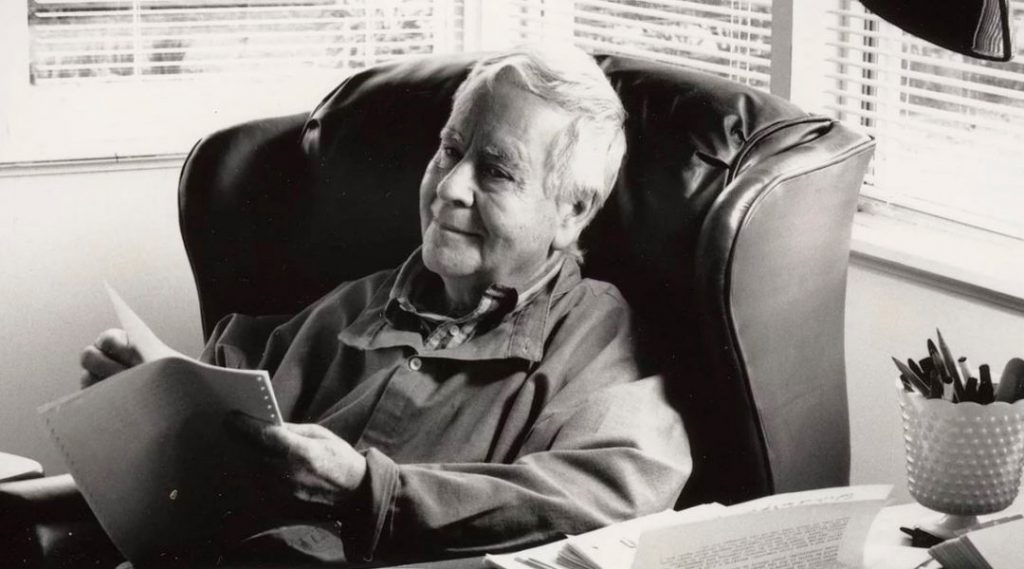
The festival’s 18th edition is March 24-28, plus a full month of virtual screenings in April, offering a premiere-rich schedule that embraces its Oxford base while still reaching far beyond it. OFF showcases 158 films (whittled down from 2,000-plus entries) that cover narrative and documentary features and shorts, LGBTQIA+, animated and experimental, student and Mississippi-based productions.
A community screening of Tate Taylor’s filmed-in-Natchez “Breaking News in Yuba County” and a lineup featuring the Western “Bastard’s Crossing” starring Ward Emling (the state’s film office director for decades) and the documentary “Hungry to Learn,” about food insecurity on college campuses, are among many highlights. The “Hungry to Learn” screening will double as a food- and fundraiser for the University of Mississippi’s Grove Grocery.
For filmmaker Anne Rapp, who studied short-story writing with Barry Hannah in Oxford in the mid-1990s, the return with her new documentary “Horton Foote: The Road to Home,” is a joy. She wrote the 1999 “Cookie’s Fortune,” directed by Robert Altman and filmed in Holly Springs. “Not only do I have great affection for Oxford, and for Mississippi, but my film is about an amazing, legendary Texas writer. And if there’s any place on earth that loves and respects writers, it’s Oxford. So it’s perfect karma,” she says in an email.
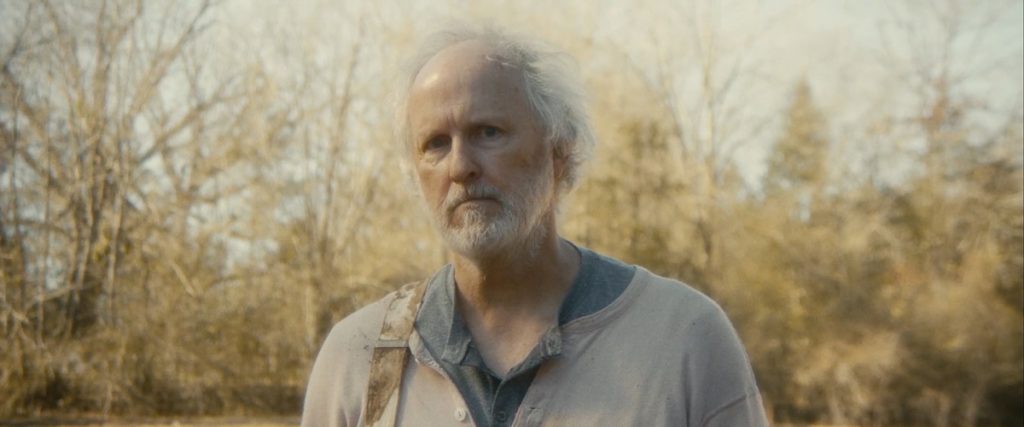
“We still want to prioritize the importance of being in Oxford,” Addington says, and this year’s four physical venues, all within walking distance in Oxford Commons, do just that. “With vaccinations on the rise, and with the warmer weather, we knew we could do some safe, outdoor, smaller-than-normal experiences.”
As expected, mostly Mississippi and Southern filmmakers will appear, rather than filmmakers flying in from farther away, she says, “but at least our Mississippi filmmakers can see their films on a big screen, which is so important, and our local community can enjoy them.”
OFF is following the lead of the Centers for Disease Control and Prevention, requiring masks around others, adhering to policies for frequent cleaning, sanitation and more, to ensure visitors’ safety from COVID-19.
“We knew we had to do virtual, too,” Addington says, “because that accessibility was really something that was born out of the necessity, but it’s such an added value for any film festival because you don’t have to travel anymore. You could stay at home and still catch these great films.” In another accessibility nod, OFF now makes sure every film on the festival site has closed captioning (except silent films that don’t need it).
The majority of the OFF’s films will be offered virtually via its Eventive platform, with the exception of “Breaking News in Yuba County,” “Without Getting Killed or Caught” and “Labyrinth” (shown as a 25th-anniversary screening during OFF, but also accessible by other means). Some films are geo-blocked and only available for Mississippi viewers, but the majority are open to all viewers.
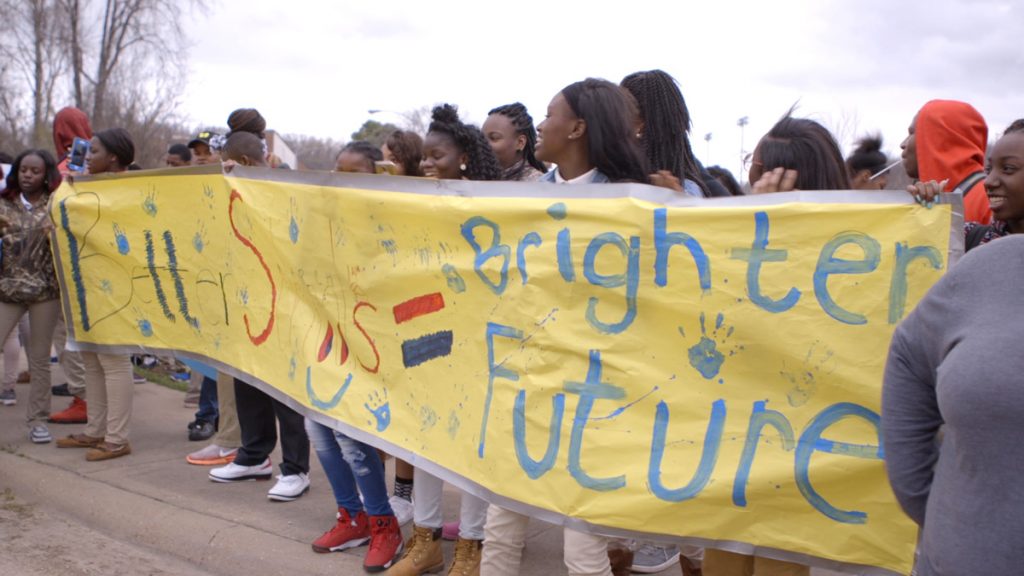
OFF was one of the first film festivals to go virtual at all last year, and more than 950 zip codes participated, Addington says. OFF used the Memphis-based Eventive platform, “good, but still in demo mode” last year and now “fully fleshed out,” with downloadable apps for Fire TV, Roku and more. This year, OFF also expanded its selection of passes, allowing film fans to target interests and buy a cheaper pass, but still get the VIP experience.
Its early foray into virtual made OFF a source for advice, guidance and exchange with other film fests—”really rewarding,” Addington says. “It was a good representation for Mississippi. We got to be No. 1 in something. (The trade magazine) MovieMaker was paying attention to what virtual fests were doing last year, and they listed us as one of the top virtual film festivals. That’s nice.”
Addington foresees the fest’s virtual arm extending even beyond pandemic times. With the cost savings, OFF can split ticket prices with the filmmakers. “That helps filmmakers make money, which at the independent film level doesn’t always happen,” she says. Plus, the virtual screenings can reach film fans who may not be able to travel. “We’re planning for it, in some form, in the future always.”
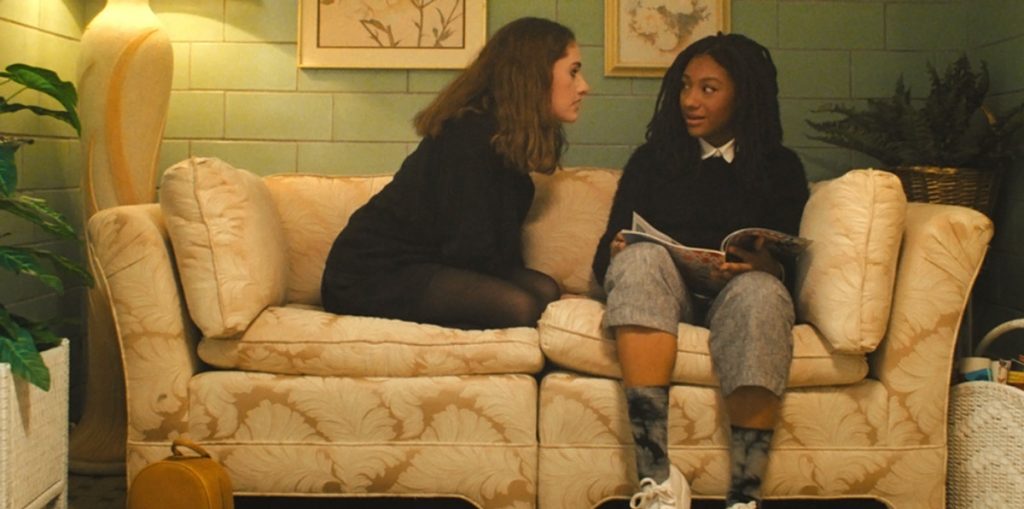
The fest’s four physical venues in Oxford Commons cover both seated-and-spaced outdoor screenings and a drive-in opportunity. Oxford High School’s “perfect” parking lot, with up to 100 parking spots, is the drive-in site. It’s “perfect” because, Addington says, “the way they designed it, is the dream for a drive-in, so we’re really excited they’re willing to work with us. It’s a fun way to build community engagement, too.”
Malco Outdoor Cinema will be in use for the fest, at 50 percent capacity (about 75 people). Two huge circus tents, one across from Malco and the other at the Oxford Conference Center, will allow up to 60 people per screening. Tent flaps can be closed and secure during the day, but open at night for screenings with full, open-air circulation.
“About 300 people can participate each night at the festival,” she says. “That’s definitely severely down from our normal 7,000 to 8,000” in-person audience. Their final tally for 2020 hit an audience of about 8,500 (mostly virtual) for its mix of virtual and drive-in screenings. They expect similar results this year, and a couple of films are already selling out.
“It’s not ideal,” Addington says. “We’d love to have people inside a movie theater all day for five days, but it’s a nice compromise to still be able to do something and be safe. Not all festivals love the virtual. I do, because it really does open up the audience—you can be in McComb and watch every single movie. You don’t have to worry about the travel and the expense. It really is a more equitable thing to have.”

OFF”s growth and national recognition has opened access to more coveted content. For instance, OFF is presenting “Not Going Quietly,” a documentary about disability activist Ady Barkan, a week after its premiere at the huge South by Southwest festival in Austin. “Several years ago, we would have to wait a full year, if we could even get that film. So, we’ve really grown in status in the filmmaker community,” Addington says.
The lineup, she says, “is a mix of some bigger films that people may recognize, if they pay attention to independent films, and some brand new films that haven’t been seen.”
“We definitely like focusing on Mississippi and southern, but we also have films from all over the world. The criteria has always been, and I think will always be, a great story first.”
Technical aspects like cinematography and editing are also considered. OFF’s animation/experimental genre explores edgier, more interesting techniques in film, and the projection category (added last year) showcases films that are projected, for instance, on the side of a building rather than a typical theater venue.
“I feel that we’ve come back stronger after 2020. We’ve really learned some things. We’ve hired some new people. And, while we’re not growing this year—we’re shrinking—but we’re doing it in a really responsible way, that’s still going to be fun. I’m really excited for the filmmakers to have that experience again.”
Editor’s note: The Oxford Film Festival signed on as a sponsor of Mississippi Free Press reporting after this article was assigned and did not influence nor review the outcome of this story.

